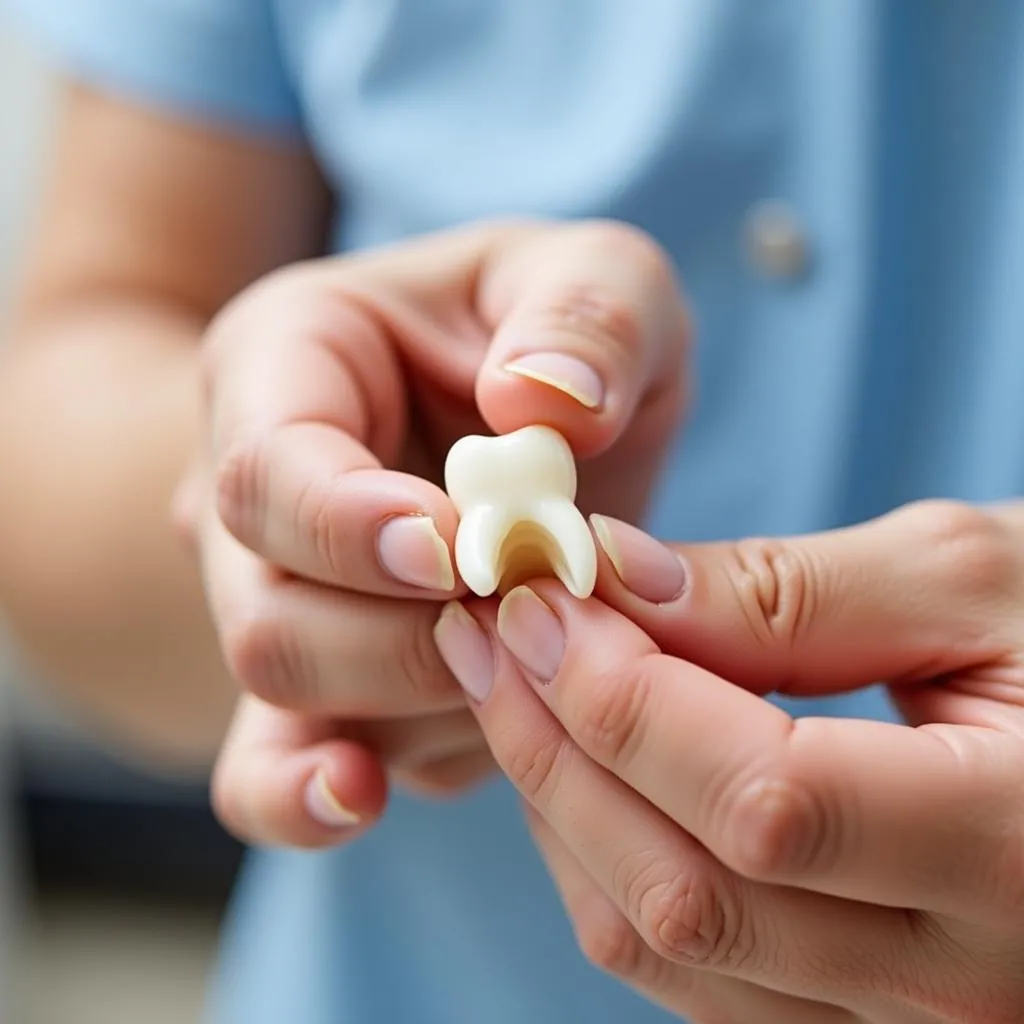Dental pain can be incredibly uncomfortable and disrupt your daily life. When faced with sudden or severe dental issues, many people wonder if they can seek immediate care at an urgent care center. While urgent care centers offer a wide range of services, it’s important to understand their scope of practice when it comes to dental emergencies.
When Is Urgent Care Appropriate for Dental Pain?
Urgent care facilities are primarily designed to handle non-life-threatening medical conditions. They often provide services like:
- Minor injuries: Cuts, sprains, bruises, and burns.
- Illnesses: Flu, colds, ear infections, and urinary tract infections.
- Basic lab tests: Blood work, urine analysis, and X-rays.
However, urgent care centers are generally not equipped to handle extensive dental procedures. This is because:
- Limited dental equipment: Urgent care facilities typically lack specialized dental tools and equipment needed for comprehensive dental treatment.
- Lack of dental expertise: Urgent care providers are not licensed dentists and lack the specialized training required to diagnose and treat complex dental issues.
What to Do When You Have Dental Pain?
If you’re experiencing dental pain, it’s crucial to determine the best course of action:
1. Evaluate the Severity:
- Mild discomfort: If the pain is manageable and not accompanied by swelling or fever, you might be able to manage it at home with over-the-counter pain relievers and cold compresses.
- Moderate to severe pain: If the pain is intense, persistent, or accompanied by other symptoms like swelling, fever, or difficulty swallowing, seeking professional help is essential.
2. Contact Your Dentist:
- Regular dentist: Your primary dentist is your best resource for addressing dental issues. They have a detailed understanding of your dental history and can provide personalized advice and treatment.
- Emergency dentist: If your regular dentist is unavailable or if the pain is severe, locate an emergency dentist. Many dentists offer emergency services outside of regular business hours.
3. Consider Urgent Care:
- Limited options: If you can’t reach your dentist or an emergency dentist and the pain is unbearable, you might consider urgent care as a last resort.
- Pain relief: Urgent care providers can offer pain medication and potentially antibiotics if a bacterial infection is suspected.
- Referral: They can also provide a referral to a dental specialist for further treatment.
4. Be Prepared for Referral:
- Comprehensive care: Remember that urgent care facilities are not equipped for extensive dental treatment. They may be able to provide temporary pain relief but will likely refer you to a dentist for a proper diagnosis and long-term solution.
What to Expect at Urgent Care for Dental Pain
Even if you decide to visit an urgent care center, don’t expect a full-blown dental checkup. Urgent care providers may:
- Assess your pain: They’ll ask questions about your symptoms, when they started, and any contributing factors.
- Perform a brief exam: They may perform a basic examination of your mouth to identify any obvious problems.
- Prescribe medication: They can offer pain relievers or antibiotics to manage discomfort and prevent infection.
- Refer to a specialist: They will likely recommend a follow-up appointment with a dentist for proper diagnosis and treatment.
Expert Perspective
Dr. Emily Thompson, a board-certified dentist with over 15 years of experience, advises:
“Urgent care centers are not a substitute for professional dental care. They can provide temporary pain relief but can’t fully address complex dental issues. If you experience dental pain, it’s crucial to contact your dentist as soon as possible.”
“If you’re experiencing a dental emergency, don’t hesitate to reach out to an emergency dentist or call the emergency line of your local dental association. Remember, delaying treatment can lead to more severe complications and increased costs.”
Tips for Preventing Dental Pain
- Regular dental checkups: Schedule regular checkups with your dentist to detect and address any problems early on.
- Good oral hygiene: Brush your teeth twice daily and floss regularly.
- Healthy diet: Limit your intake of sugary foods and drinks.
- Avoid teeth grinding: If you grind your teeth at night, consider wearing a mouthguard.
FAQs
Q: Can urgent care pull teeth?
A: Generally, urgent care centers are not equipped to perform tooth extractions. They may provide pain relief and refer you to a dentist for a more comprehensive approach.
Q: What should I do if my tooth is knocked out?
A: If a tooth is knocked out, immediately contact your dentist or an emergency dentist. They can advise on the best steps to preserve the tooth for possible reimplantation.
Q: Can urgent care handle dental infections?
A: Urgent care facilities may prescribe antibiotics to treat bacterial infections, but a dentist will need to address the underlying cause of the infection.
Q: Is it cheaper to go to urgent care for dental pain?
A: Urgent care visits may seem cheaper initially, but they can lead to further costs if they can’t resolve the underlying issue. It’s often more cost-effective to see a dentist directly for comprehensive care.
Q: Are there any alternatives to going to urgent care for dental pain?
A: If you’re unsure about visiting an urgent care center, consider calling a dentist’s emergency line or using a telehealth service for a virtual consultation.
Remember: When dealing with dental pain, seeking professional dental care is crucial. While urgent care centers offer some immediate relief, they can’t provide the comprehensive treatment that a dentist can.
 A woman holding a knocked-out tooth in a plastic bag
A woman holding a knocked-out tooth in a plastic bag
If you are experiencing dental pain and are unsure what to do, contact us for a free consultation. We can help you determine the best course of action and provide you with the care you need.
Contact Us:
- WhatsApp: +1(641)206-8880
- Email: [email protected]
- Address: 276 Reock St, City of Orange, NJ 07050, United States.
We are available 24/7 to answer your questions and help you find the right solution for your dental pain.
